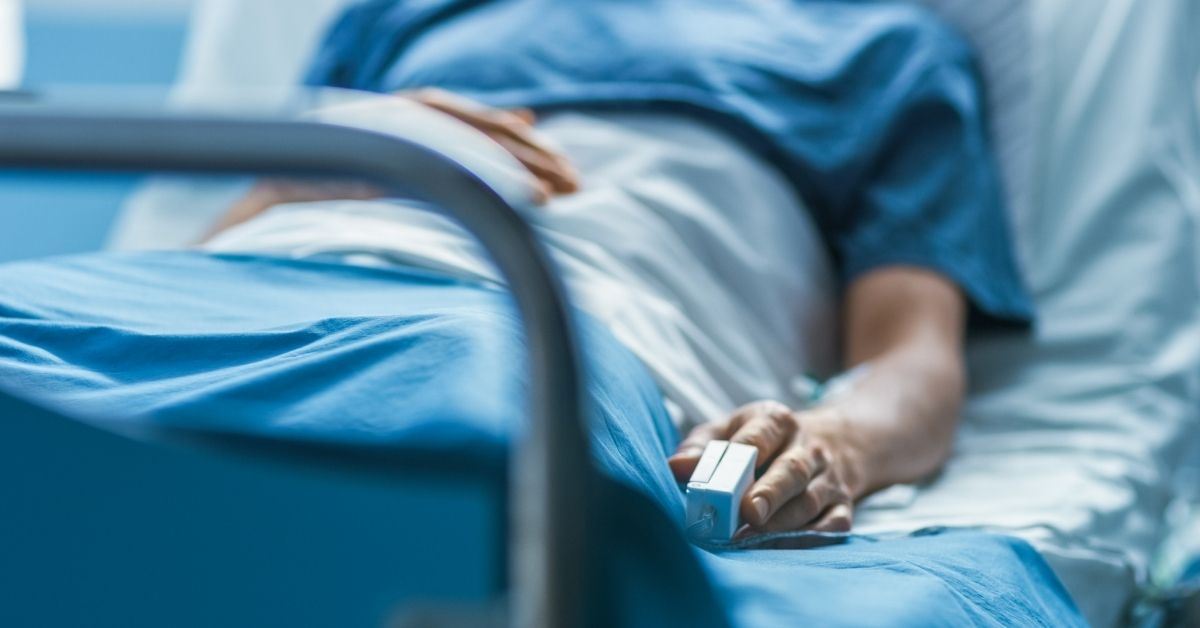What Not to Do After a Motorcycle Accident: Protect Your Rights
Essential Steps After a Motorcycle Crash
The Dos and Don’ts of Motorcycle Accidents
Motorcycle crashes are known to have devastating consequences, and the National Highway Traffic Safety Administration reports that nearly 80% of these accidents result in injury or death. With more motorcyclists being out on the roads with warmer temperatures, the probability of accidents will also increase.
Even the most seasoned motorcycle riders may be involved in a collision; that's why it's crucial to know what to do after one - and even more important to know what not to do. Here are our top five dos and don'ts of being in a motorcycle crash.
1. DON’T: Admit Fault at the Scene
Admitting fault at the scene should never occur, regardless of what kind of accident it is, but especially after a motorcycle crash. Doing so could harm your chances of recovering compensation for your injuries should you choose to pursue a claim or lawsuit down the line. When you admit fault at the scene to the other driver, a police officer, or bystander, you are taking on the financial responsibility of all the damages involved - not just your own.
Bonus tip: don't assume that the other driver will admit fault either. Having well-documented evidence and contact information of the other party involved will likely be sufficient to help start your case.
2. DO: Seeking Medical Treatment After Your Accident
One of the most critical things not to do after a motorcycle accident is to skip medical treatment, even if you feel fine. Many injuries like whiplash or internal bleeding, may not show symptoms immediately. Delaying medical attention can worsen your condition and create gaps insurers exploit to deny your motorcycle accident compensation. By getting evaluated immediately, you establish a vital link between the crash and your injuries. Thorough documentation of your motorcycle accident medical treatment is essential for building a strong claim.
Every doctor's visit, test, and treatment plan serves as evidence of the harm you suffered. Without this paper trail, insurers might argue your injuries aren't severe or weren't caused by the crash. Keep detailed records of all medical expenses, including ambulance fees, hospital stays, medications, and rehabilitation costs. Understanding the full value of your motorcycle accident compensation requires legal expertise.
An experienced motorcycle accident attorney can assess both current and future medical needs, including ongoing therapy or lost earning capacity. They negotiate with insurance companies while you focus on recovery, ensuring you don't settle for less than you deserve. Remember, initial offers rarely account for long-term consequences. In the chaotic aftermath, avoid discussing fault or posting about the crash on social media. Insurance adjusters scour online profiles for evidence to dispute claims. Let your attorney handle all communications while building your case.
Following these steps preserves your right to seek maximum compensation for your injuries and losses.
3. DON’T: Give a Recorded Statement
Similar to not admitting fault, it is best to never give a recorded statement to the other driver, an insurance provider or adjuster about the accident or your take on what happened. Sometimes giving a statement can negatively affect your claim since motorists who have just been involved in an accident can be flustered or agitated, saying things differently than usual.
Recorded statements can also be taken out of context or be used against you in the courtroom.
4. DO: File a Police Report
Illinois requires that any accident involving injury, death, or property damage greater than $1,500 have a police report filed. Since motorcycle accidents often come with significant damage to both the bike and rider, filing one is a common next step. These can usually be filled out with the officer who reports to the scene, but if one is not present after your accident, the state offers a 10-day window.
Many insurance companies also recommend filing a police report before making your claim. However, it is usually a good idea to also speak to an attorney before getting to that step.
5. DON’T: Take Offers from the Other Driver’s Insurer
Insurance providers offer a certain amount to pay for the damages to your vehicle, and it is not uncommon for this number to be lower than what you expect. Sometimes they will even make unfair deals or refuse to pay, despite their insuree causing the accident - this is known as insurance bad faith.
Accepting an offer from an insurance company without first speaking to an attorney may cause you to undervalue the damages done to you and your motorcycle. To ensure that you can receive the maximum compensation possible for your claim, you should seek the help of an experienced motorcycle accident attorney.
We Can Help. Call (312) 888-8700
McNabola & Associates, LLC is not just a personal injury firm - we are a team filled with avid motorcycle riders who actively engage with this community in Chicago. That's why we aggressively advocate for the rights of motorcycle users and will fight for the appropriate compensation for your case.
To schedule a free consultation with a member of our team or get a free tow from our Motorcycle Rescue program, call (312) 888-8700.

